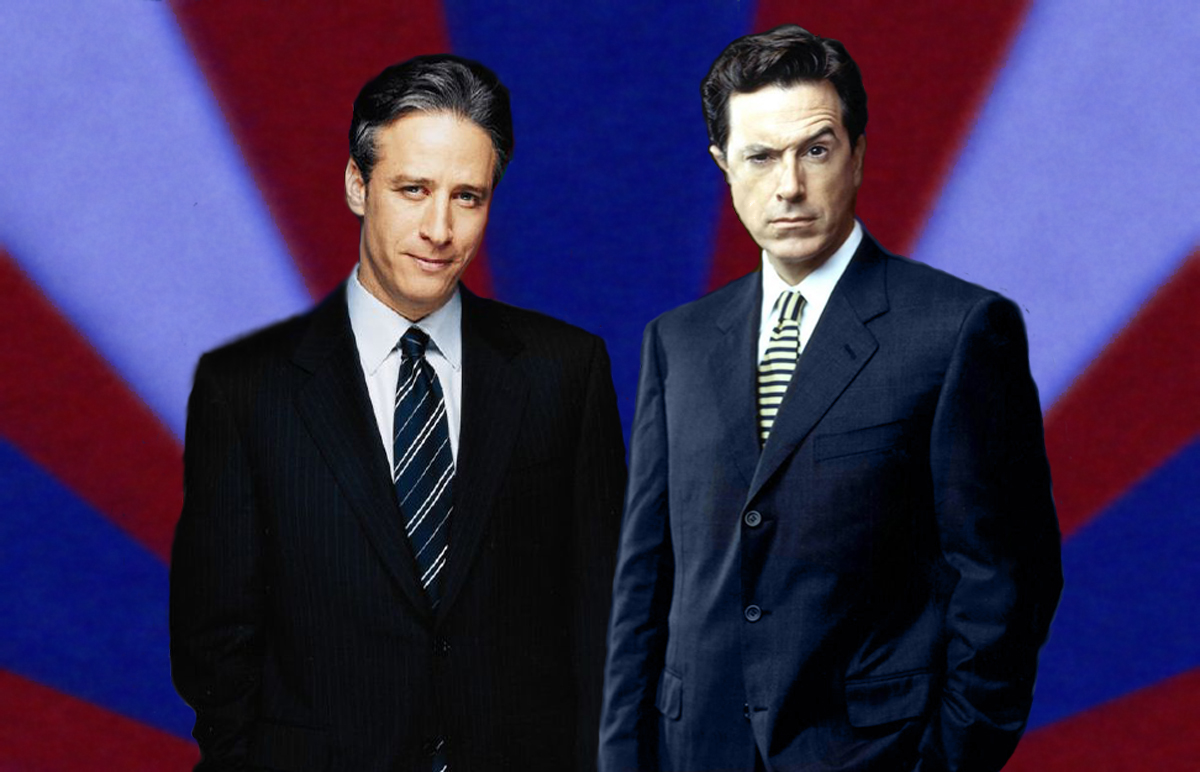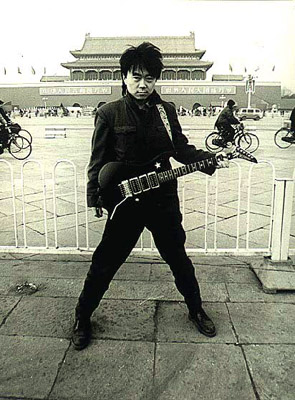Having all of this data around us can be exciting and scary. Once we want to know something, we can immediately Google it, click on a couple results, and find what we're looking for. Some people feel encouraged and enticed to explore all of the information available to them, weed through all of the articles, and establish their own opinions. Others might feel appalled or intimated by the amount of information around them because there's just too much and it's hard to tell what is true and what is false. It can be dangerous to be swimming in information. If you pick up only certain information and it all turns out to be wrong, you can formulate an opinion based on fault information.
In today's fragmented media era, there are so many different sources of news, including sources that people like Pulitzer or Hearst would definitely not approve of because of their "lack of professionalism" and training. Does this mean that these sources are not reputable? Not necessarily. Look at TMZ and their Michael Jackson coverage. TMZ was the first celebrity gossip news source to break the news of The King of Pop's death. Where was everyone else? The major networks were definitely not on top of it. NBC, ABC, and CBS probably knew of TMZ's claims, but couldn't move forward with making any public comments because they needed to check up on their sources to confirm that what they would be reporting is true.

(TMZ's homepage when the first reported Jackson's death this summer.)
It's getting harder and harder to know what's true or not out there, especially with the amount of sources there are now thanks to the Internet and blogs. So who's to blame if you pick up the wrong information and form an opinion around it: you or the media? It's hard to say. In my opinion, today's range of information is dependent on people's education to help them weed through the junk and excess and to get to the main and true points. Education, I believe, has become even more important in today's Internet age because with our ability to access virtually any piece of information, we need to be able to discern what is important and what is not.
Education, not necessarily the availability of information, is what can make a society better informed. Since today's media age requires people to be knowledgeable in what is right and wrong, it's necessary to ensure that as many people as possible are educated enough to distinguish between what's important and what's not.



 This magazine cover pretty much sums up my current goals for the research paper. How has/does Nancy Pelosi's gender affect her political career? If a male House Speaker were on the same New York Magazine cover, would there be a fill-in-the-blank sentence running across
This magazine cover pretty much sums up my current goals for the research paper. How has/does Nancy Pelosi's gender affect her political career? If a male House Speaker were on the same New York Magazine cover, would there be a fill-in-the-blank sentence running across 
